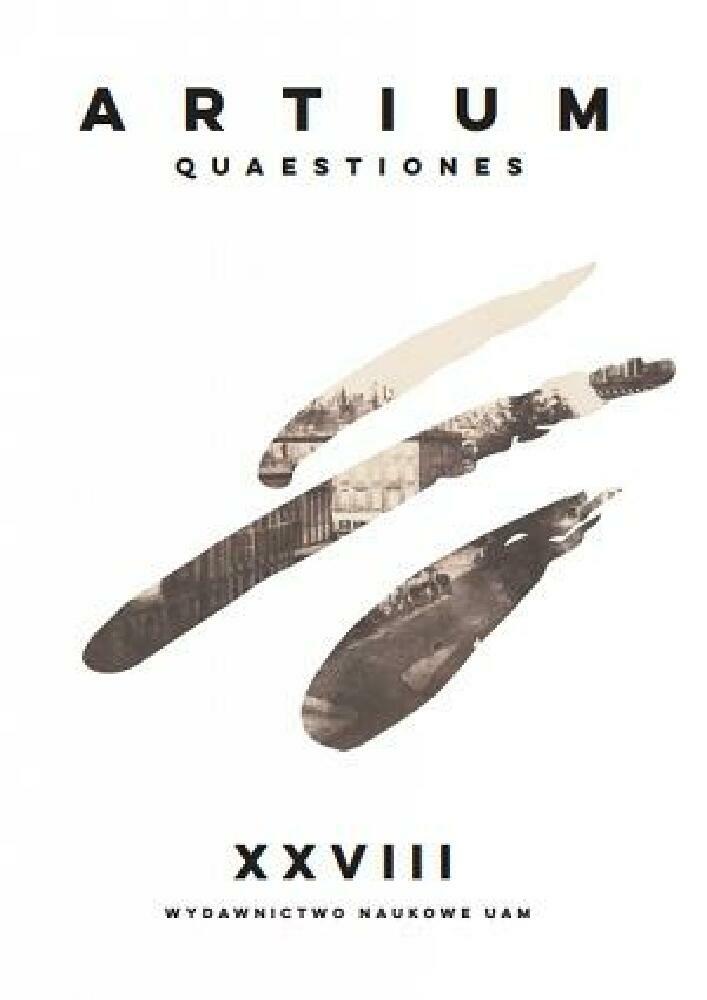Abstrakt
Polish and German Art History in a Polemic. The Rogalin Symposium of 1973 Summary The paper recapitulates a discussion over the book, Das Kunstwerk zwischen Wissenschaft und Weltanschauung, ed. Martin Warnke, Köln 1970, which was an aftermath of a pungent statement made by critical German art historians at the Congress of German Art Historians held in Köln in 1970. The main idea of the book was showing the “work of art as an object of ideological interests, a victim of ideological interventions” (Warnke) – in this case, those of a nationalist, Nazi, and fascist origin. A critical impulse triggered by the congress and the book was the main reason for organizing a symposium in Rogalin in 1973, during which art historians from Poznań delivered papers-comments on four articles included in the German publication. Taking into consideration the key message of the book, in the first place they focused on the methodological and theoretical assumptions adopted by German scholars. Stressing the discrepancy between the goals and assumptions of the German publication and its Polish reception, the author treats the papers delivered in Rogalin as evidence of a methodological shift in Polish art history of the early 1970s. His main observations are the following: the end of the dominant approach focusing on the artwork itself; a shift toward approaching it in terms of the communicative triad “sender-work-recipient”; acknowledging the inevitable involvement of the art historian (scholar-recipient) in that historically determined framework. It is notable that the Polish scholars virtually ignored the ideological and critical approach to the evolution of art history that was developed in the German book. Moreover, the paper presents the historical background of both the Köln conference and its proceedings as well as the specific determinants of art history in the communist Poland, particularly as regards its contacts with the two German states.Licencja
Prawa autorskie (c) 2018 Adam Labuda

Utwór dostępny jest na licencji Creative Commons Uznanie autorstwa – Użycie niekomercyjne – Bez utworów zależnych 4.0 Międzynarodowe.
Prawo autorskie regulowane jest oświadczeniem autora przygotowanym przez Wydawnictwo Naukowe UAM a od nr XXVIII także umową licencyjną na publikację online zawartą pomiędzy Autorem i Uniwersytetem im. Adama Mickiewicza. Autorzy ponoszą odpowiedzialność za oryginalność zamieszczanego materiału tekstowego oraz regulację praw autorskich dotyczących materiałów ilustracyjnych. W przypadku, gdy materiały pochodzą od redakcji – odpowiedzialność ponosi redakcja czasopisma.
Ten utwór dostepny jest na licencji Creative Commons Uznanie autorstwa - Użycie niekomercyjne - Bez utworów zależnych 4.0 Międzynarodowe.
